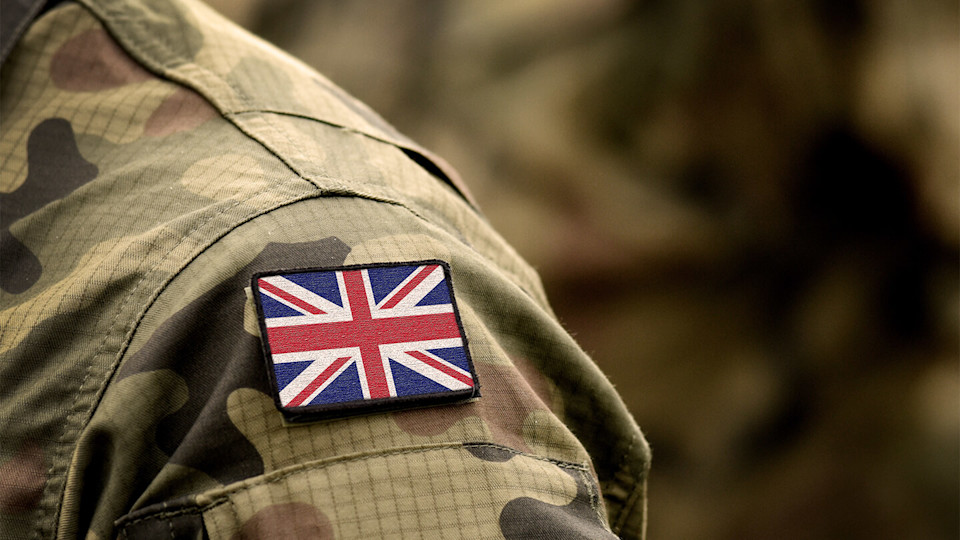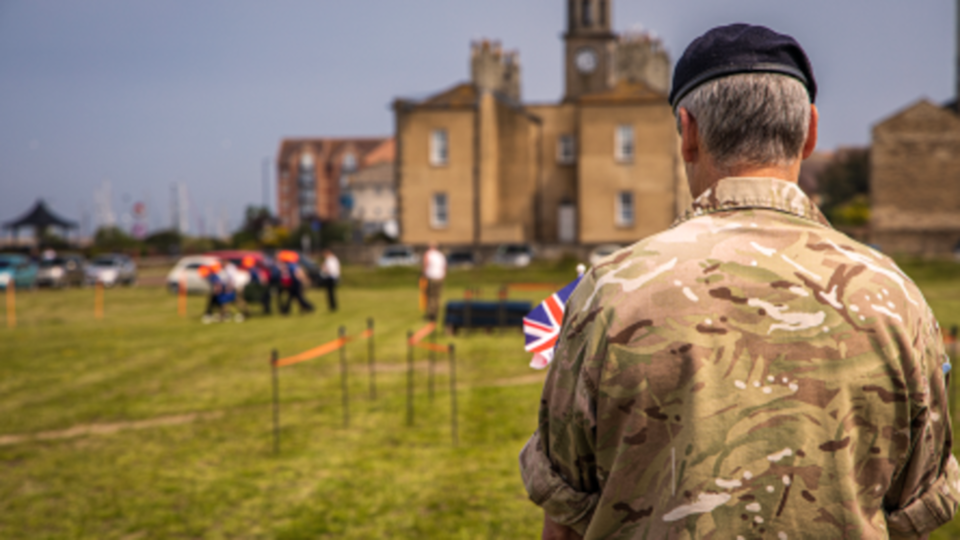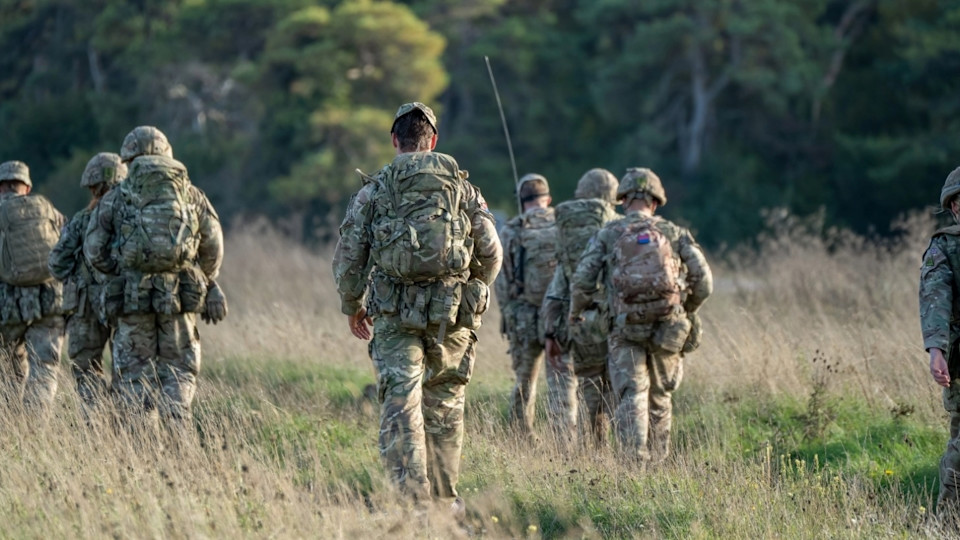
Personal injury
Combat immunity and the Human Rights Act
Combat immunity provides that when the armed forces are in the course of military operations, they are under no actionable duty of care in tort to avoid causing loss or damage to their fellow soldiers, or indeed to anyone else.
What is Combat Immunity?
The Ministry of Defence (MoD) cannot be sued when a commander makes a mistake in the heat of battle.
Combat immunity is not limited purely to situations involving the presence of the enemy but applies to all operations against the enemy where armed forces are exposed to attack or threat of attack, including planning and preparation for combat. In these situations, the army cannot be sued for breach of its duty of care.
The Smith Case and Combat Immunity
The scope of combat immunity was analysed by the Supreme Court in the Smith case which concerned the deaths or serious injuries of several British soldiers in Iraq due to alleged equipment deficiencies.
The claimants argued that in failing to supply soldiers with suitable equipment, the MoD both breached the right to life of those killed – a right guaranteed by Article 2 of the Human Rights Act – and also negligently breached its duty of care.
The MoD argued that combat immunity should apply as the injuries occurred when troops were in combat and also argued that the Human Rights Act could not apply extra-territorially to soldiers serving away from their military bases.
In a controversial majority decision, the Supreme Court found for the claimants, holding that the European Convention on Human Rights did, in fact, extend to soldiers outside military bases.
The Court also held that government decisions about the procurement of equipment, and training of soldiers, would fall outside the doctrine of combat immunity. If the MoD sends soldiers into battle with inadequate equipment, that could potentially be an actionable military injury claim, even though the actual injuries will be sustained during combat.
This was seen by some as an unacceptable reduction of the scope of combat immunity.
Ensuring British soldiers are properly equipped
The conversation surrounding inadequate equipment for British troops not new. In the decade following the start of the Iraq war, persistent complaints were made about the state of equipment being given to soldiers and the risk this posed to their lives.
As British military commitments reduced, and in the face of increasing legal pressures and litigation against the MoD, complaints subsided as the MoD did whatever was reasonably practical to ensure proper body armour.
Yet, defence spending has seen radical cuts over the past decade, once again posing the risk of inadequate equipment and a heightened risk to life. And, while current Prime Minister Sir Keir Starmer has now announced a boost in spending, it will take time to repair the damage of years of underfunding.
What happens if I’m injured due to negligence in the military?
Whether it is the equipment that troops are provided, access to medical care, or providing safe and effective training, the Ministry of Defence owes a duty of care to every soldier who serves. Though serving in the military is an inherently dangerous occupation, every effort must be made to ensure service personnel are adequately protected and safeguarded.
Where this duty fails, it is possible to make a civil claim for compensation. Doing so can help support recovery, provide financial support if you’ve been left out of work, and even help to shed a light on ineffective or dangerous practices that could spare another from harm.
What if I can’t make a claim due to Combat Immunity?
There are times when a civil claim may not be possible due to combat immunity. However, it can still be possible to make a claim under the Armed Forces Compensation Scheme (AFCS).
This is a government scheme providing compensation for injury, illness or death caused by service in the military on or after 6 April 2005. It is a ‘no fault’ scheme, which means there is no need for the MoD to take responsibility for your injury before you are eligible for compensation.
Learn more about making a claim under the Armed Forces Compensation Scheme here.
How we can help
Slater and Gordon have experts in military claims. For a free consultation call 0330 041 5869 or contact us online and we’ll be happy to help you.
All information was correct at the time of publication.


Military life can lead to accidents and injuries that have nothing to do with combat operations. If you've been injured in a military accident or suffered due to negligence, speak to our military lawyers today.


Slater and Gordon have military experts who specialise in making AFCS claims on behalf of those who have suffered injury or illness as a result of their military service. All our Armed Forces Compensation Scheme claims are on a No Win No Fee basis.